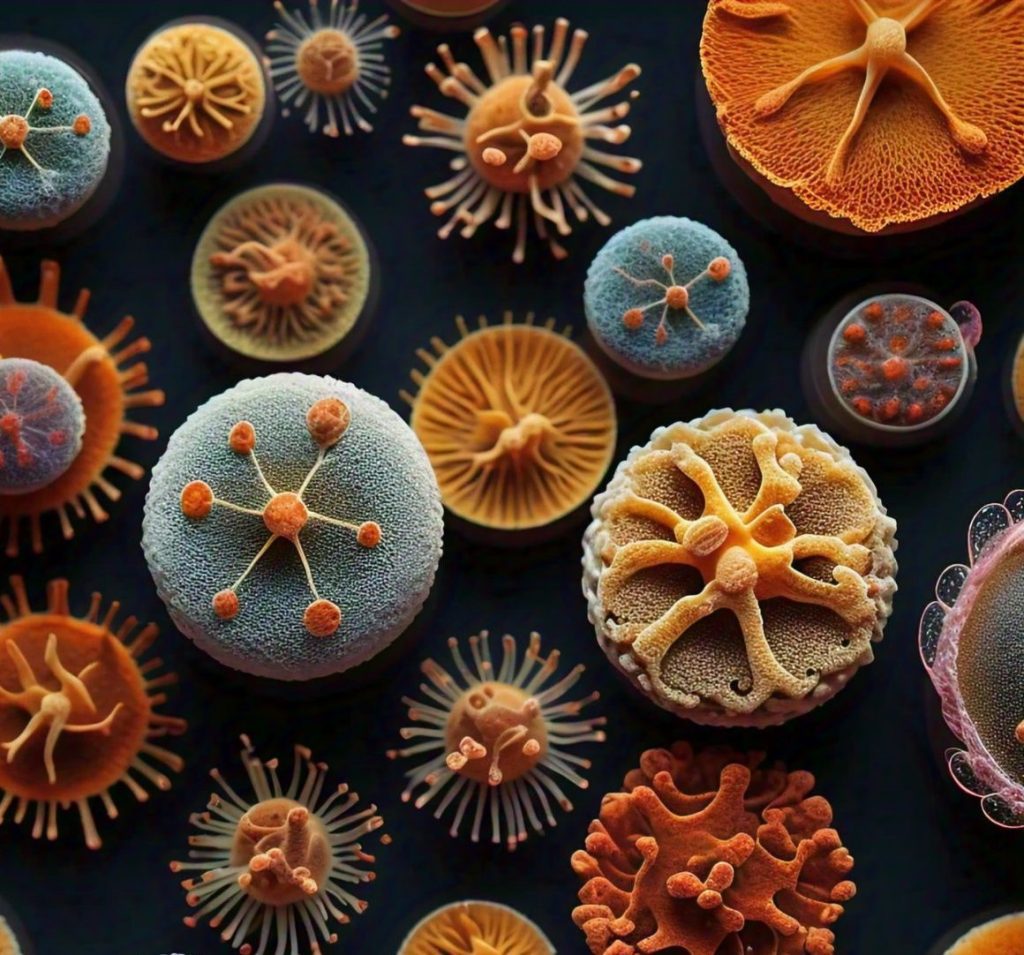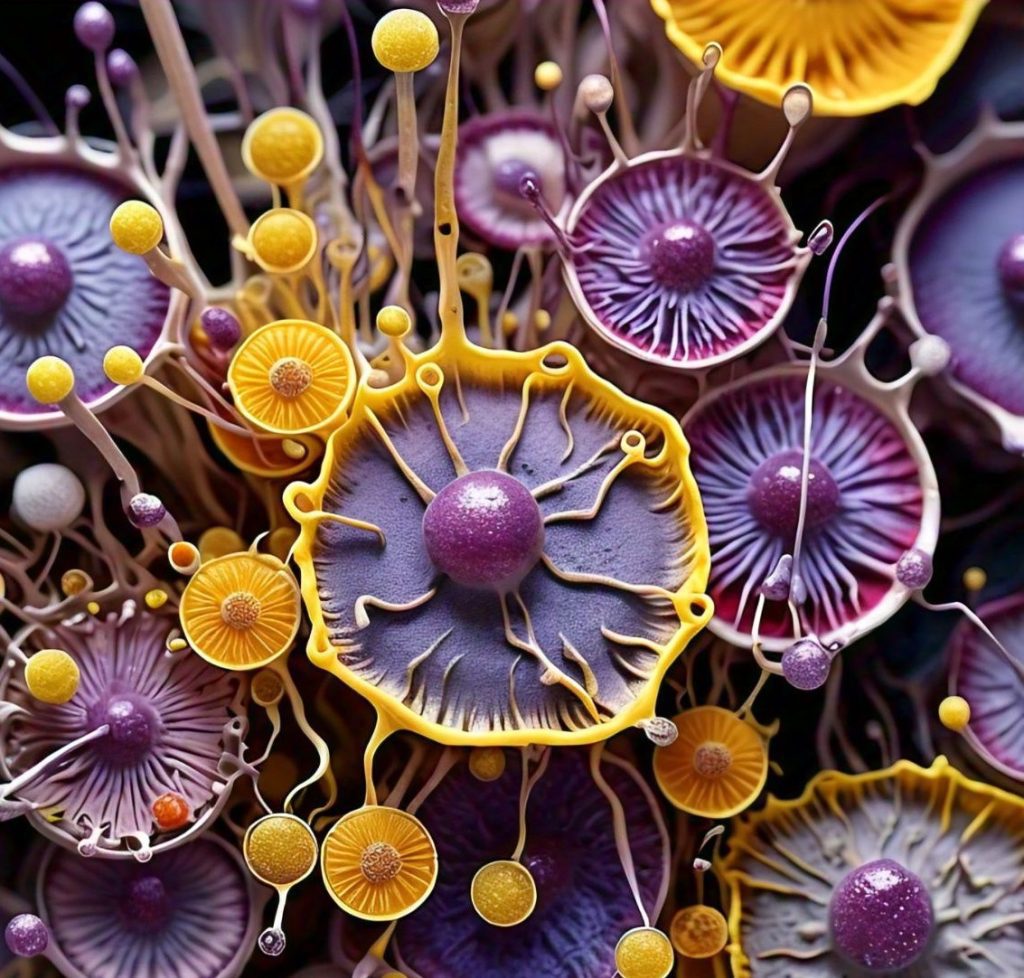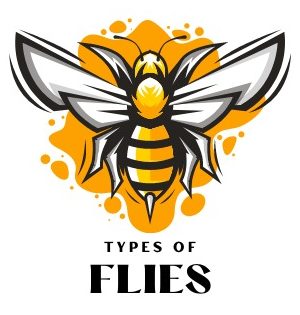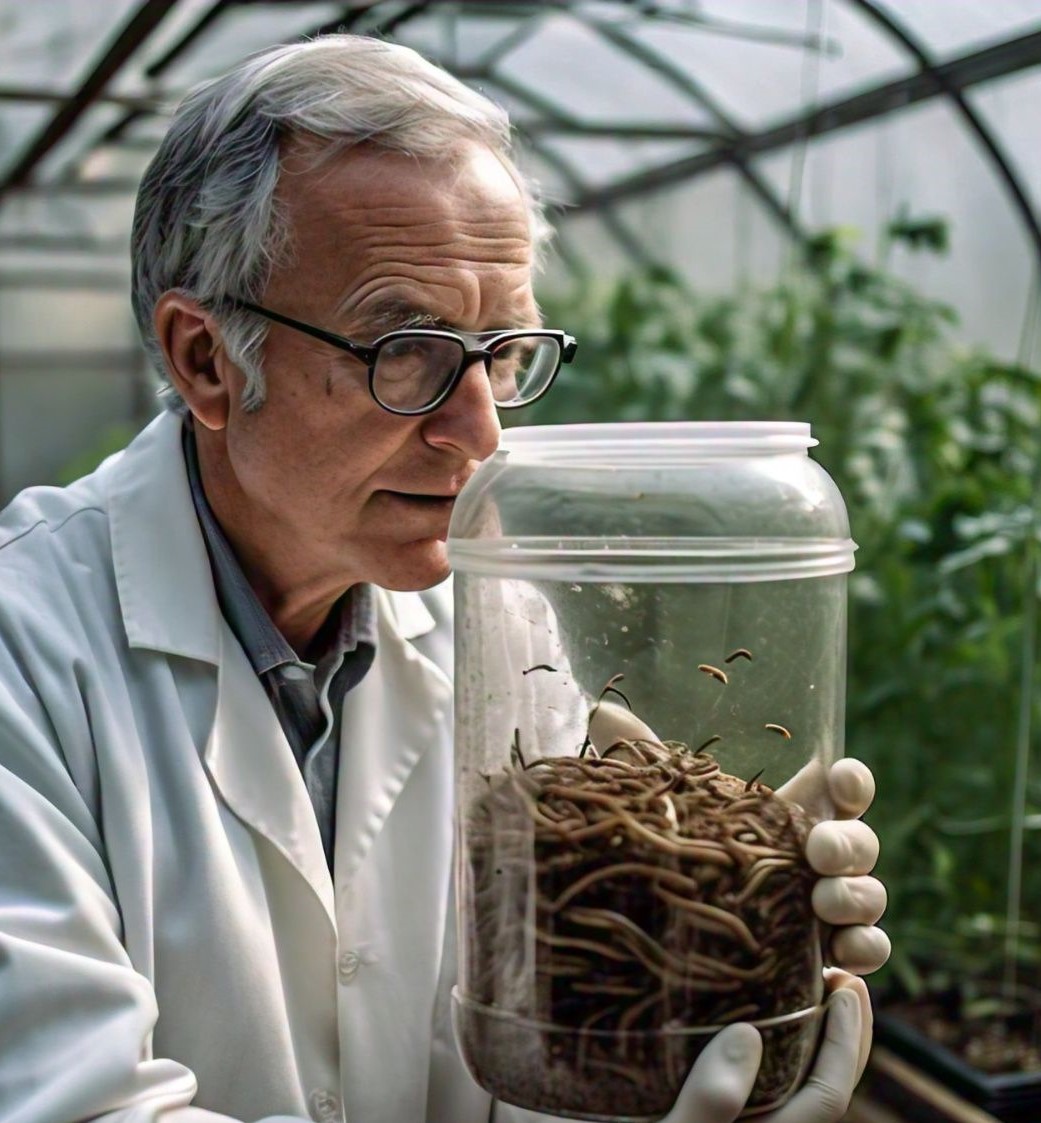This blog post will enhance your knowledge about what are effective biological pest control for flies. Flies are more than just a nuisance—they can spread diseases, contaminate food, and disrupt both homes and agricultural operations. While chemical solutions have long been used to manage fly infestations, they can harm the environment and disrupt ecosystems. Enter biological pest control for flies, an eco-friendly alternative that harnesses nature’s own tools to combat fly populations. In this article, we will explore natural fly control, biological fly control agents, and predators of flies to help reduce fly populations naturally.

What is Biological Pest Control for Flies?
Biological pest control involves using natural enemies to manage pest populations like flies. These include parasitoids, predators, and pathogens that disrupt the fly life cycle, reducing populations without the need for harmful chemicals. The focus is on sustainability and long-term control, making it an ideal solution for environments like homes, farms, and gardens.
By employing biological control methods for flies, you can drastically reduce fly populations using organisms that target flies specifically, such as parasitic wasps and bacterial agents. These biological agents work by preying on or infecting flies, reducing their numbers over time.
Natural Fly Control Methods
There are various biological control methods for flies that can be used effectively in both residential and agricultural settings:
- Parasitic Wasps for Fly Control: These tiny, non-stinging wasps are highly effective at controlling fly populations. Fly wasps, such as species from the genus Muscidifurax and Spalangia, lay their eggs inside fly pupae. As the wasp larvae develop, they consume the fly larvae, killing them before they can mature into adult flies.
- Predators of Flies: Many insects, such as predatory beetles, prey on fly larvae. Beetles from the family Carabidae and Staphylinidae are known for their ability to reduce fly populations in areas like compost heaps, manure piles, and gardens.
- Bacterial Agents for Fly Control: Certain bacteria can act as biological fly control agents by infecting and killing flies. For instance, the bacterium Bacillus thuringiensis israelensis (Bti) is commonly used to target fly larvae in waterlogged areas.
- Natural Predators of Flies: Nematodes are microscopic worms that invade fly larvae and release bacteria, killing the larvae within days. Nematodes are a key component of fly management with natural methods, especially in moist environments where flies breed.
- Fungal Pathogens for Flies: Fungi such as Beauveria bassiana can infect and kill adult flies. These fungi attach to the fly’s body, penetrate its exoskeleton, and kill the insect from within.
Biological Fly Control Agents in Agriculture
In agriculture, flies can cause significant damage by contaminating crops and disturbing livestock. The use of biological fly control in agriculture is a sustainable and environmentally-friendly solution. Farmers can introduce fly parasites like wasps, beetles, or nematodes to manage populations without resorting to toxic chemicals in biological pest control for flies.
Natural pest deterrents such as planting herbs like basil and lavender also help repel flies and reduce breeding grounds. Additionally, incorporating integrated pest management (IPM) strategies—using a combination of biological agents, cultural controls, and monitoring—ensures long-term success in fly control.
Eco-Friendly Fly Control Solutions
Incorporating eco-friendly fly control solutions not only benefits the environment but also promotes sustainable pest management. By using natural enemies and environmental-friendly pest control methods, you can manage fly populations without the negative impact of chemical treatments in biological pest control for flies.
Best Biological Pest Control for Flies
When considering the best biological pest control for flies, it’s essential to understand the specific conditions and type of flies present. For example:
- House flies (Musca domestica) are best managed using parasitic wasps and fly parasites that target their larvae.
- For biting flies, such as horse flies and stable flies, using pathogens affecting flies and predatory beetles can help reduce populations in agricultural areas.
- Fungal pathogens can provide an effective solution for fly population reduction in both indoor and outdoor settings.
What is the biological control of housefly?
Biological control of houseflies involves using natural enemies such as parasitic wasps, predators, and pathogens. These agents either attack the fly at various stages of its life cycle or disrupt its ability to reproduce. For example, parasitic wasps lay their eggs in housefly pupae, preventing the flies from reaching adulthood.
What is the biological method of pest control?
The biological method of pest control relies on natural enemies such as parasites, predators, and pathogens to reduce pest populations. For flies, biological agents like nematodes, parasitic wasps, and bacteria are introduced to manage fly infestations without chemicals.
What is biological control of pest agents?
Biological control of pest agents refers to the use of living organisms, such as insects, bacteria, or fungi, to control pest populations. These natural agents are specific to the target pest and work by preying on them or disrupting their reproductive cycle biological pest control for flies. Parasitoids for fly control and fungal pathogens are examples of agents used against flies.

What does pest control use for flies?
Pest control for flies often utilizes a combination of biological, chemical, and mechanical methods. For biological control of pest flies, natural agents like predatory beetles, parasitic wasps, and fungal pathogens are effective. Some pest control companies also sell fly wasps for sale as part of their biological pest control solutions.
Best insecticide for house flies
While biological control is the eco-friendliest option, the best insecticide for house flies often includes pyrethrin-based sprays. However, it’s important to use chemical insecticides sparingly to prevent resistance and reduce environmental impact.
Conclusion
Utilizing biological pest control for flies is an effective, sustainable, and eco-friendly way to manage fly populations in both homes and agricultural settings. By leveraging natural fly control methods, such as parasitic wasps, predators of flies, and bacterial agents, you can reduce reliance on harmful chemicals and promote a healthier environment. Whether it’s managing house flies, biting flies, or flies in agriculture, biological control provides a long-term, natural solution.
By understanding the various biological control methods for flies, you can choose the best strategy for your specific needs, ensuring fly population reduction in a way that’s both effective and kind to the environment.


Very helpful 👍